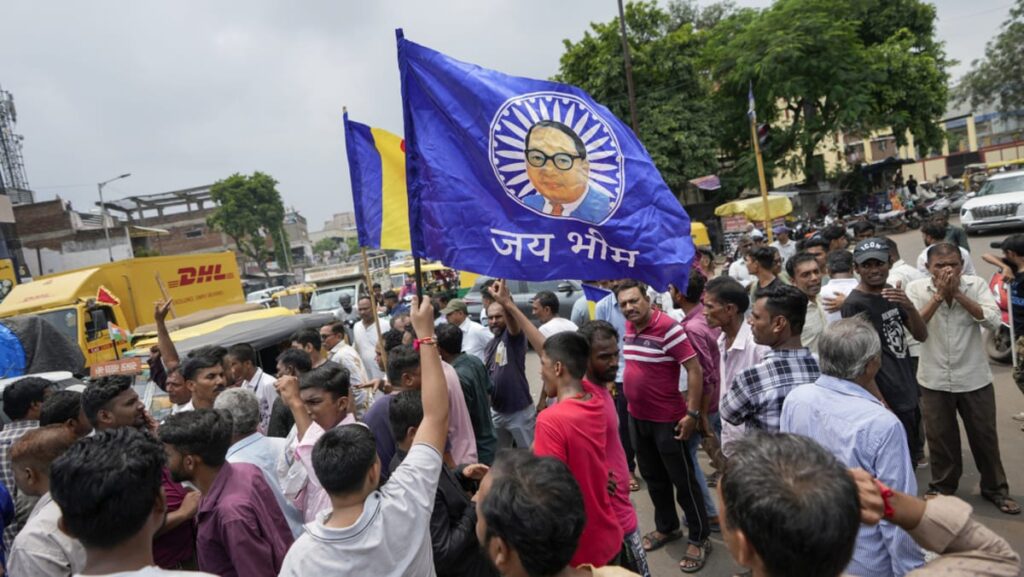BACKING FROM OPPOSITION LEADER
The last official collection of caste data occurred in 1931, during British colonial times, which ended with India’s independence 16 years later.
Since then, various governments have been hesitant to update this sensitive data, citing administrative challenges and concerns about potential social unrest.
A caste survey took place in 2011, but the findings were never released due to claimed inaccuracies.
This survey was independent of the 2011 general census, which was the most recent instance where India gathered demographic data as the world’s most populous nation.
Modi’s Bharatiya Janata Party, known for its Hindu nationalist stance, has previously opposed census data collection by caste, fearing it would exacerbate social divisions.
Supporters of a caste survey argue that having detailed demographic information is essential for effectively implementing India’s social justice initiatives, which include reserving nearly half of university seats and government positions for historically marginalized communities.
Opposition leader Rahul Gandhi, who strongly supports this initiative, expressed his approval. He stated, “We view the caste census as a new approach to development.” Gandhi assured reporters, “We will advocate for this approach, no matter the circumstances.”
Modi, belonging to a marginalized caste himself, has expressed his desire to uplift the living conditions for everyone, regardless of their background. He emphasizes that for him, the primary groups are the poor, youth, women, and farmers.


